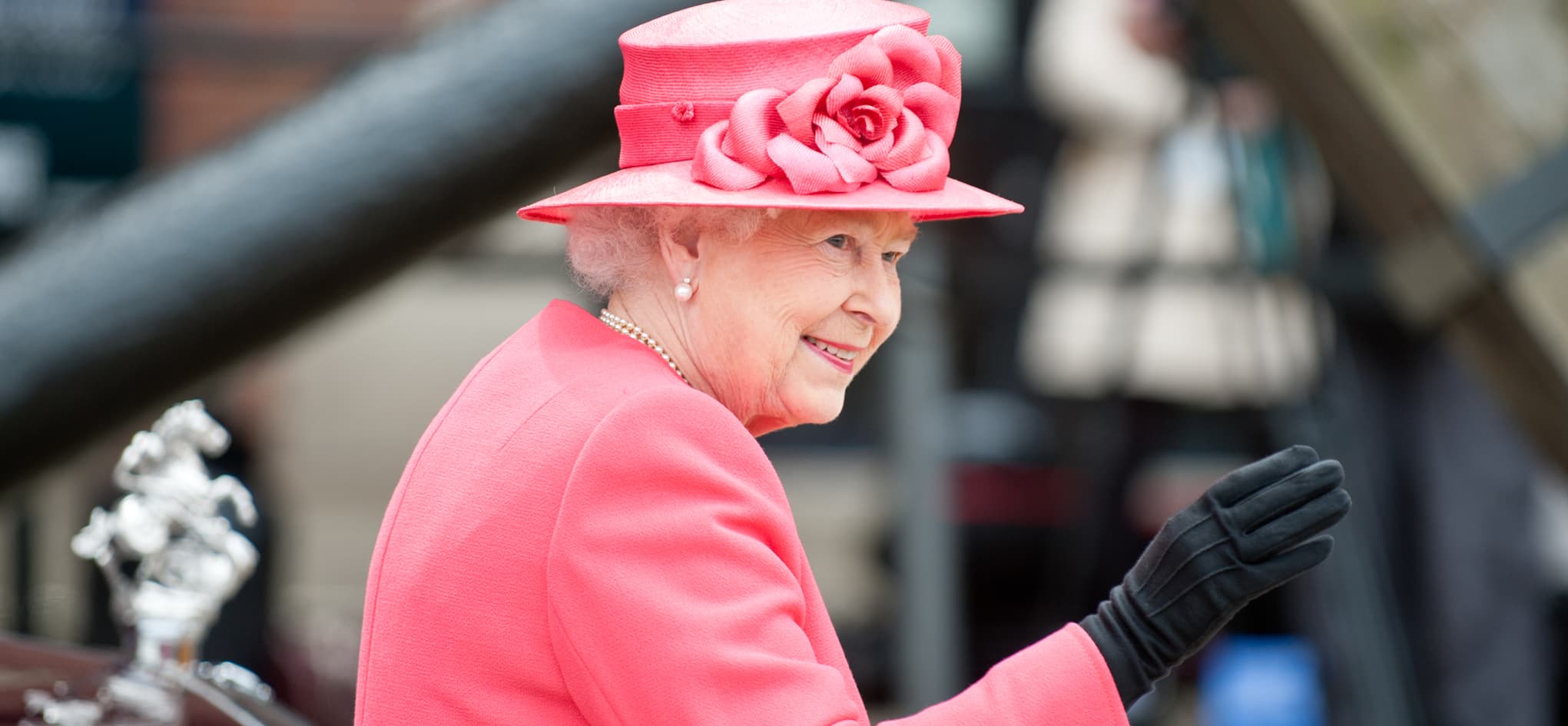On Wednesday 22 November the Chancellor Jeremy Hunt delivered his Autumn Statement which included an announcement of the extension of the 75% business rates discount for retail, hospitality and leisure firms, as the OBR's predictions for growth in 2024 drop from 1.8% to 0.7%.
The 50% relief, initially provided to eligible businesses for 2022/23, then increased to 75% for 2023/24, will now run for another year to 2024/25.
Whilst the small business multiplier will be frozen at 49.9p (properties with a rateable value below £51,000), the standard multiplier will increase by the CPI figure of 6.7%, taking it from 51.2p to 54.6p.
The Independent Office for Budget Responsibility (OBR) now expects the economy to grow by 0.7% in 2024, 1.4% in 2025, 1.9% in 2026, 2% in 2027 and 1.7% in 2028, a significant drop from the OBR's forecasts earlier this year, which predicted growth at 1.8% in 2024, 2.5% in 2025, 2.1% in 2026 and 1.9% in 2027.
Other headline announcements included a cut in the main rate of national insurance from 12% to 10%, as of January 6th 2024, and an increase in the National Living Wage from £10.42 to £11.44, from April 2024. Alcohol duty was frozen until August next year.
Below is a summary of some of the main measures. Read Perry's Chartered Accountants full report HERE.
- the 2024/25 Retail, Hospitality and Leisure (RHL) scheme will be extended for a fifth year into 2024-25, retaining the existing scope and providing eligible properties with 75% relief, up to a cap of £110,000 per business
- the small business multiplier will be frozen at 49.9p
- the standard multiplier will be uprated in April by September’s CPI figure (6.7%), increasing the multiplier from 51.2p to 54.6p
- Main rate of National Insurance cut from 12% to 10% from 6 January, affecting 27 million people
- Class 2 National Insurance - paid by self-employed people earning more than £12,570 - abolished from April
- Class 4 National Insurance for self employed - paid on profits between £12,570 and £50,270 - cut from 9% to 8% from April
- Legal minimum wage - known officially as the National Living Wage - to increase from £10.42 to £11.44 an hour from April
- New rate to apply to 21 and 22-year-old workers for the first time, rather than just those 23 and over
- Universal credit and other working-age benefits in England and Wales to increase by 6.7% from April, in line with September's inflation rate
- Local Housing Allowance rates - which determine level of housing benefit and universal credit people receive to pay rent in Great Britain - to be unfrozen and increased to 30% of local rents from April
- Work Capability Assessment to be reformed to reflect availability of home working after Covid pandemic
- Funding of £1.3bn over the next five years to help people with health conditions find jobs
- Further £1.3bn to help people who have been unemployed for over a year
- Claimants in England and Wales deemed able to work who refuse to seek employment to lose access to their benefits and extras like free prescriptions
- State pension payments to increase by 8.5% from April, in line with average earnings
- Consultation on whether savers get the right to pick the pension scheme their employer pays into - possibly allowing them to have one pension pot for life
- Independent Office for Budget Responsibility (OBR) expects the economy to grow by 0.6% this year and 0.7% next year, rising to 1.4% in 2025; then 1.9% in 2026; 2% in 2027 and 1.7% in 2028
- It forecasts that inflation - the rate prices are rising - will fall to 2.8% by the end of 2024, before reaching the Bank of England's 2% target rate in 2025
- Living standards not expected to return to pre-pandemic levels until 2027-28
- "Full expensing" tax break - allowing companies to deduct spending on new machinery and equipment from profits - made permanent
- New premium planning services across England, with faster decision dates for major business applications and fee refunds when these are not met
- Funding of £4.5bn to attract investment to strategic manufacturing sectors, including green energy, aerospace, life sciences and zero-emission vehicles
- All alcohol duty frozen until 1 August next year
- Duty rate on tobacco products increases by 2% above RPI inflation; hand-rolling tobacco rises 12% above RPI



